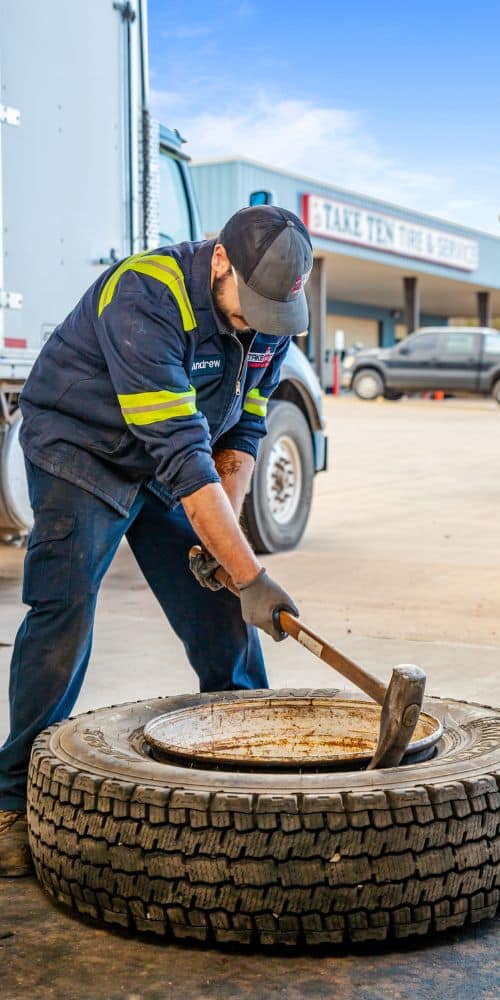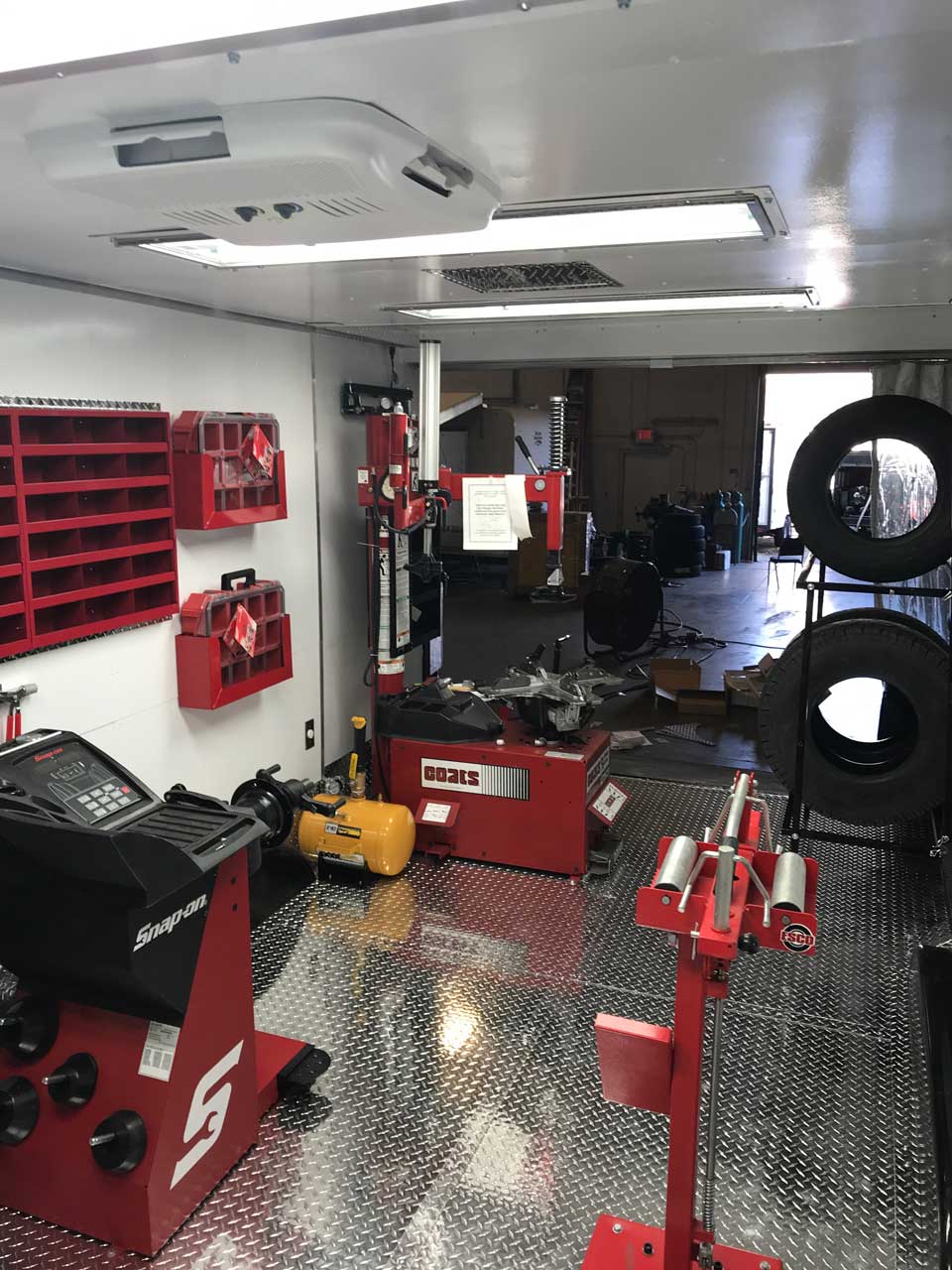Open Efficiency: Professional GMC Tire Service at Morris Tires
Open Efficiency: Professional GMC Tire Service at Morris Tires
Blog Article
Tire Solution: The Effect of Climate Condition
When it involves guaranteeing optimum performance and safety and security when traveling, recognizing the effect of weather problems on tire service is essential. From scorching warm to icy roadways, each weather element can dramatically influence tire capability and overall driving experience. By delving right into the effects of differing climate conditions on tires, vehicle drivers can get valuable insights that might boost their automobile's efficiency and longevity. In this discussion, we will certainly explore the intricate connection in between climate conditions and tire service, clarifying the importance of weather-specific tire upkeep techniques and factors to consider.
Warmth and Tire Performance
When subjected to high temperature levels, tires experience modifications in efficiency that can substantially influence lorry security and handling. The warm created from prolonged driving or heat conditions causes the tire rubber to soften, leading to reduced tread life and enhanced wear. As the rubber ends up being softer, the tire's hold when driving lessens, impacting braking distances and overall traction. In extreme cases, excessive warm can even cause tire blowouts, posing an extreme safety and security danger to the vehicle and its residents.

Winter Impacts
Cold weather problems can have a considerable effect on tire efficiency and security. In cold weather condition, tires may additionally shed air pressure extra rapidly, which can affect managing and fuel effectiveness.
To alleviate the impacts of winter on tires, it is vital to consistently check tire pressure and inflate them to the manufacturer's advised levels. Using winter months or all-season tires created for chilly climate problems can also boost grip and grasp on icy or snowy roads. Appropriate tire maintenance, consisting of normal evaluations for wear and damages, comes to be even much more important throughout cooler months to ensure optimal efficiency and security.
Rainy Conditions Influence
Throughout wet problems, tire efficiency and safety and security can be substantially influenced by the damp road surfaces and minimized exposure. The step pattern of tires plays a critical function in preserving traction on wet roads. Tires with damaged treads are extra prone to hydroplaning, where a layer of water constructs up in between the tire and the road surface, bring about loss of grip. To battle this, vehicle drivers should on a regular basis evaluate their tires for appropriate walk deepness and take into consideration buying tires particularly made for wet problems.
Additionally, stormy weather condition can likewise decrease exposure, making it challenging for drivers to see the road ahead clearly (GMC Tire Service). In such conditions, it is vital to adjust driving rates appropriately and maintain a risk-free following range to enable unexpected stops. Effectively inflated tires can also help in keeping control on damp roads websites by providing much better handling and grip
Snow and Tire Safety
Snow-covered roadways position special difficulties for drivers, highlighting the value of correct tire selection and maintenance. When driving in snowy problems, having the appropriate tires can make a considerable distinction in security and efficiency. Winter tires are created with special rubber substances and tread patterns to give much better grip on snow and ice contrasted to all-season tires. The deeper footsteps and sipes of winter season tires aid hold the roadway better, minimizing the danger of slipping and gliding.

It is essential to comply with maker guidelines when mounting and making use of tire chains to protect against damages to the tires and lorry. By picking the ideal tires, keeping appropriate inflation, and thinking about added grip aids like tire chains, chauffeurs can improve their safety when browsing snow-covered roads.
Weather-Related Tire Upkeep
Weather-related tire maintenance incorporates a range of techniques intended at ensuring optimum tire feature and durability in different weather condition circumstances. One essential facet of weather-related tire upkeep is tire stress law. Checking tire tread frequently and replacing tires when tread wear gets to a certain deepness is crucial for keeping traction and security in unfavorable weather condition.
Conclusion
In final thought, climate condition have a significant effect on tire performance and safety and security. From warmth impacting tire stress and put on to cold weather lowering traction, it is vital to take into consideration the weather when keeping and using tires. Wet more information conditions can decrease grip and lead to hydroplaning, while snow can enhance the danger of crashes if tires are not correctly geared up. Weather-related tire upkeep is vital in making sure ideal performance and security when traveling.
In this conversation, we will certainly discover the intricate relationship in between weather conditions and tire service, losing light on the importance of weather-specific tire maintenance practices and considerations.

Report this page